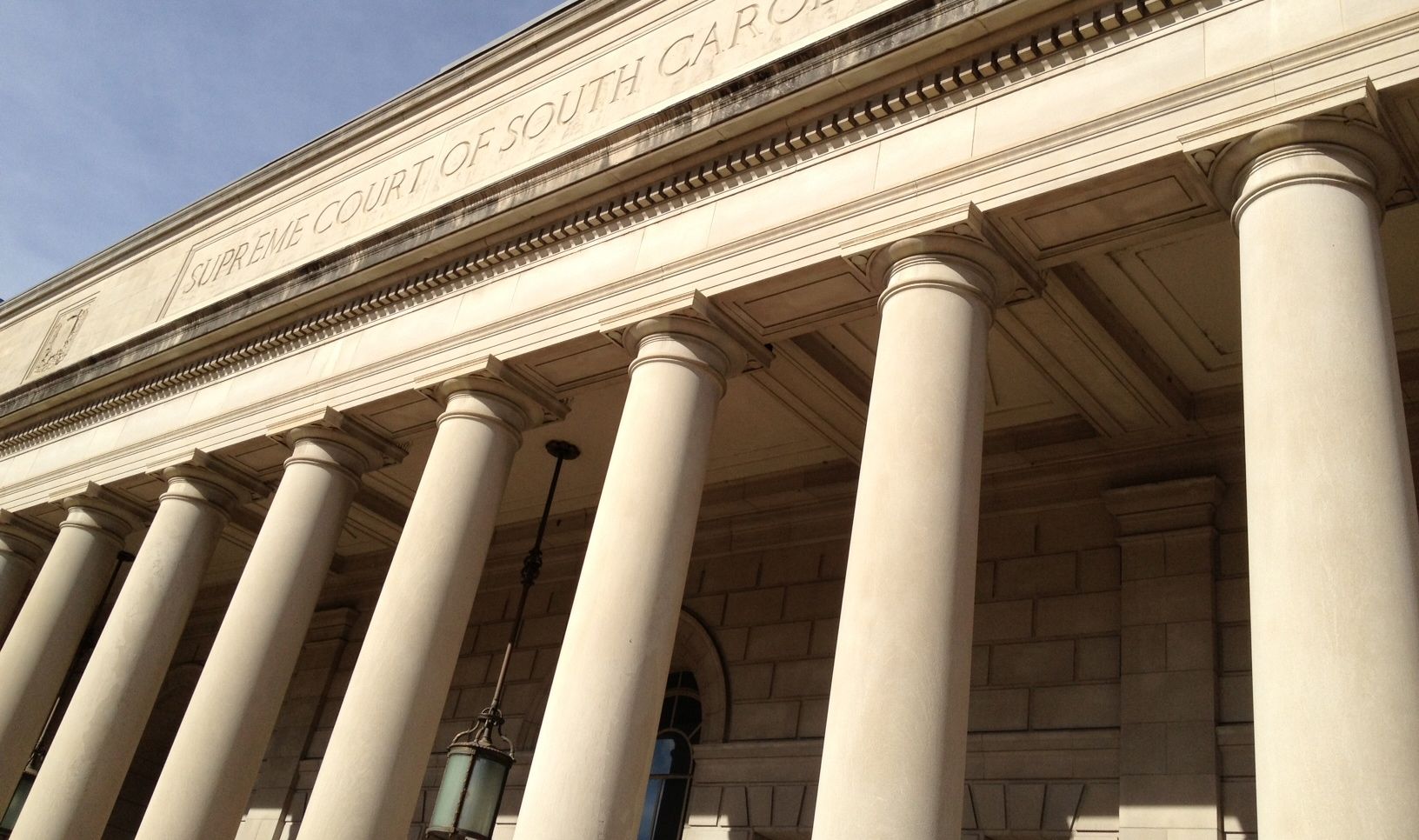SC Supreme Court To Hear Succession Case
WHO WILL BE THE PALMETTO STATE’S NEXT LIEUTENANT GOVERNOR? The South Carolina Supreme Court You must Subscribe or log in to read the rest of this content.
WHO WILL BE THE PALMETTO STATE’S NEXT LIEUTENANT GOVERNOR?
The South Carolina Supreme Court
